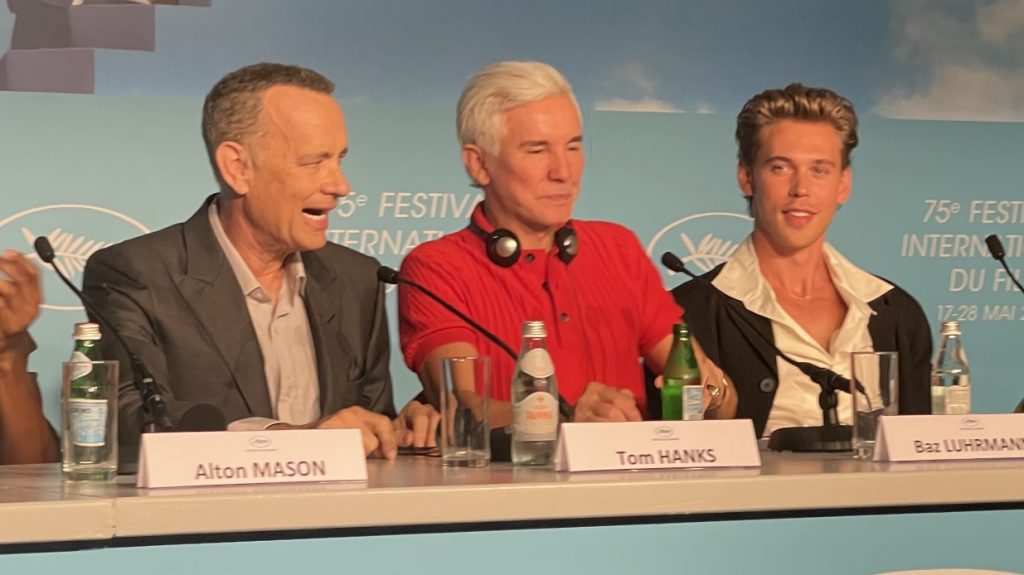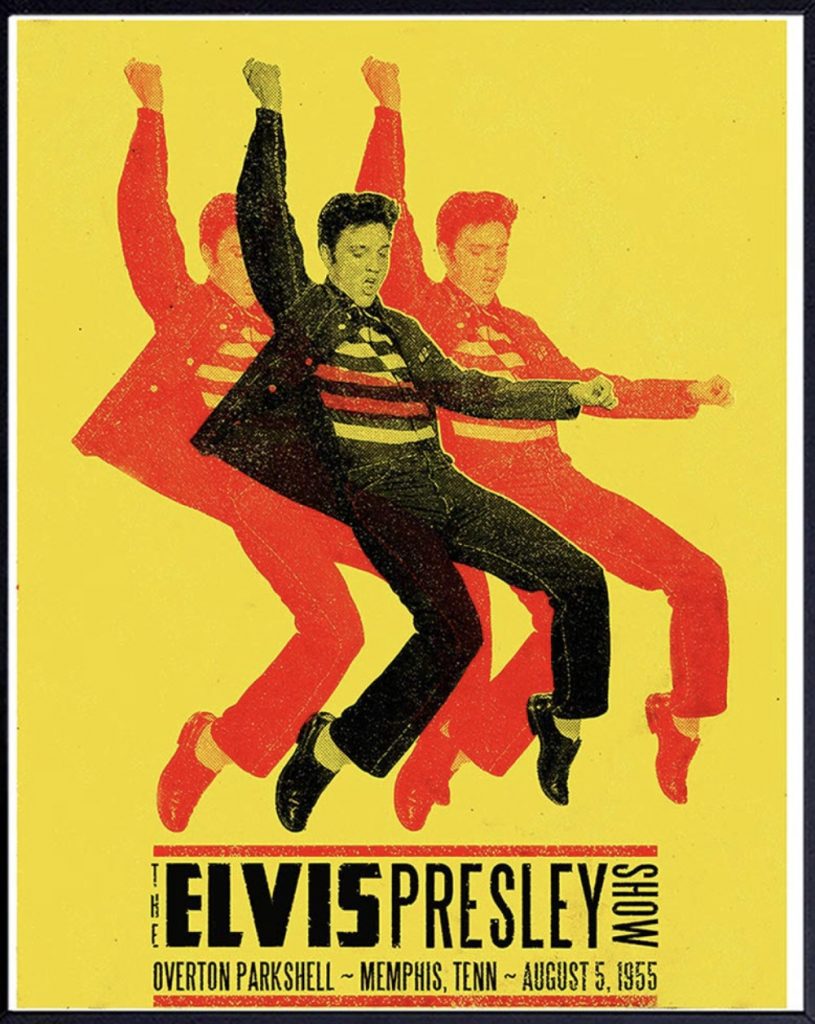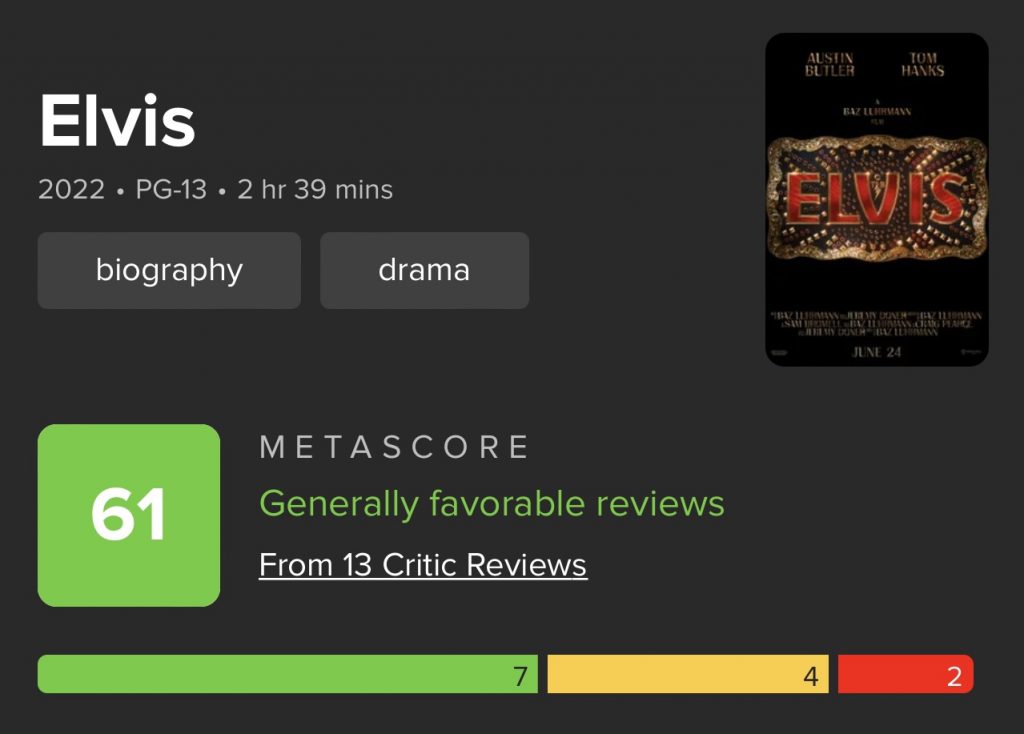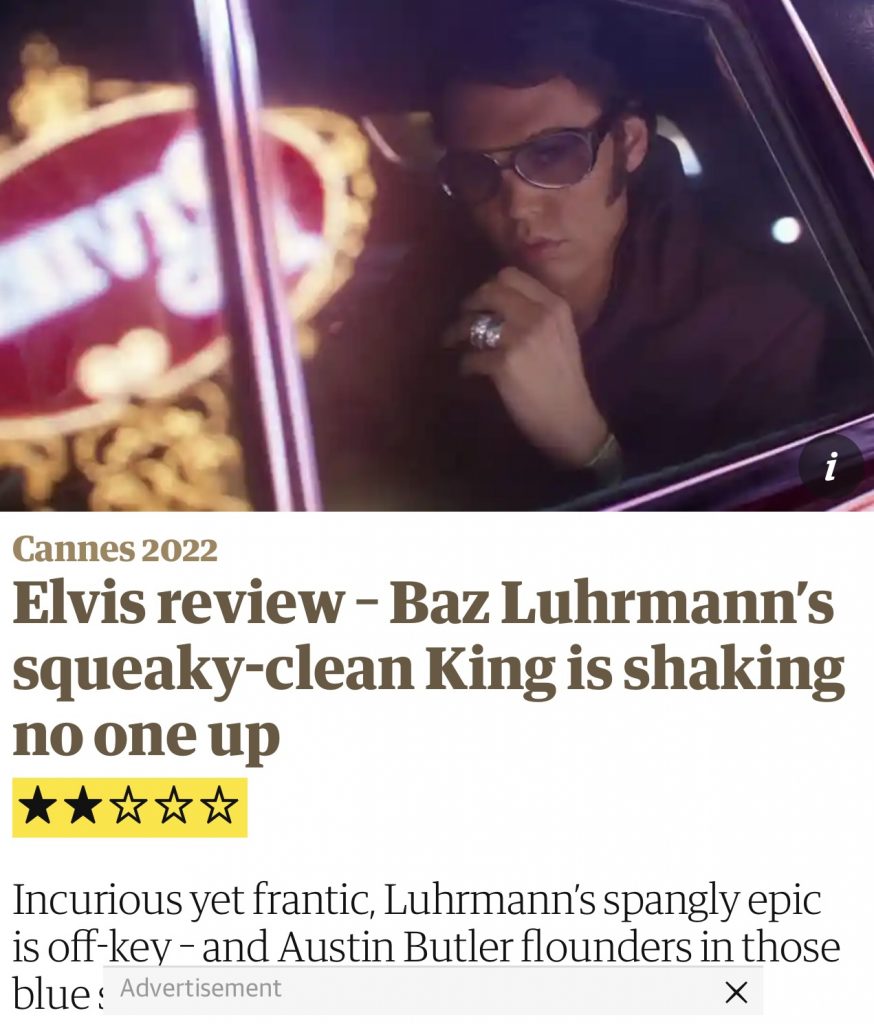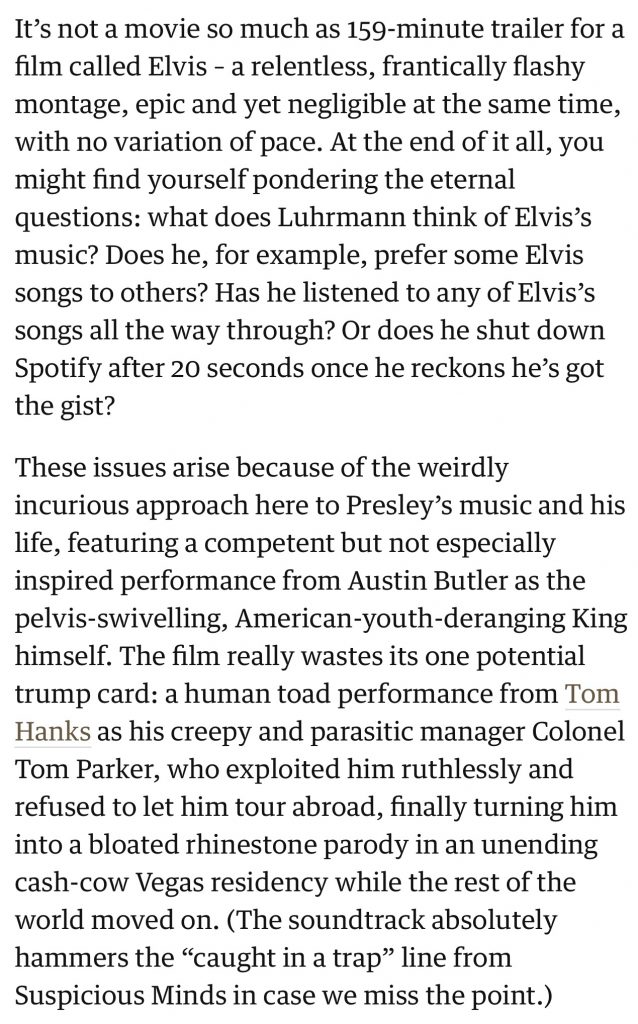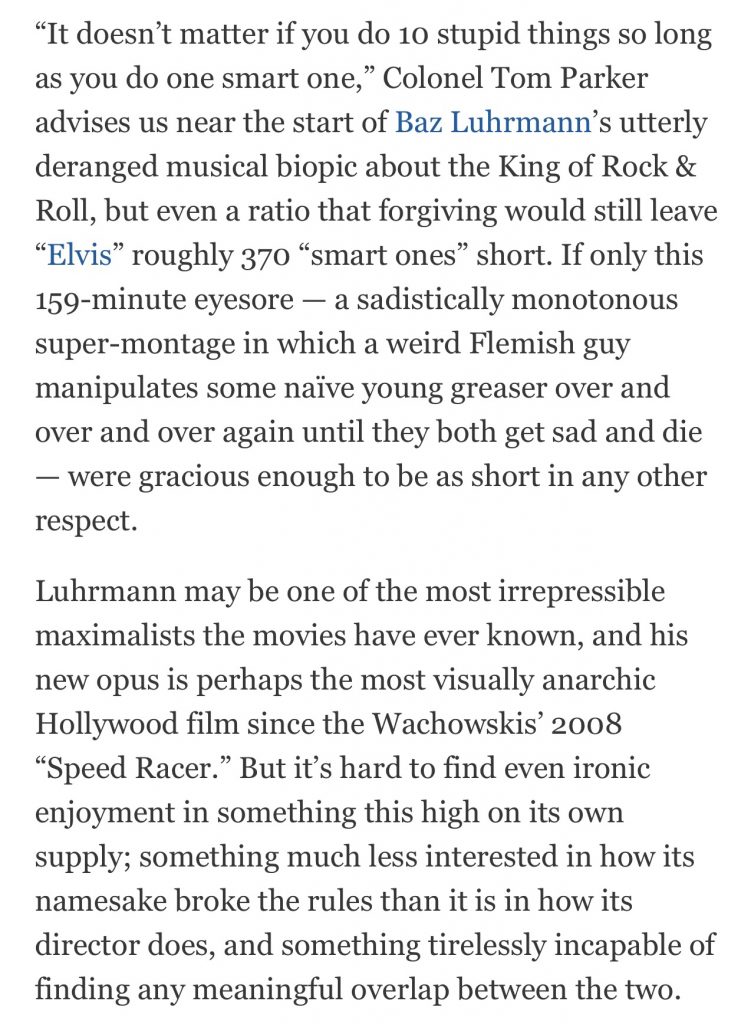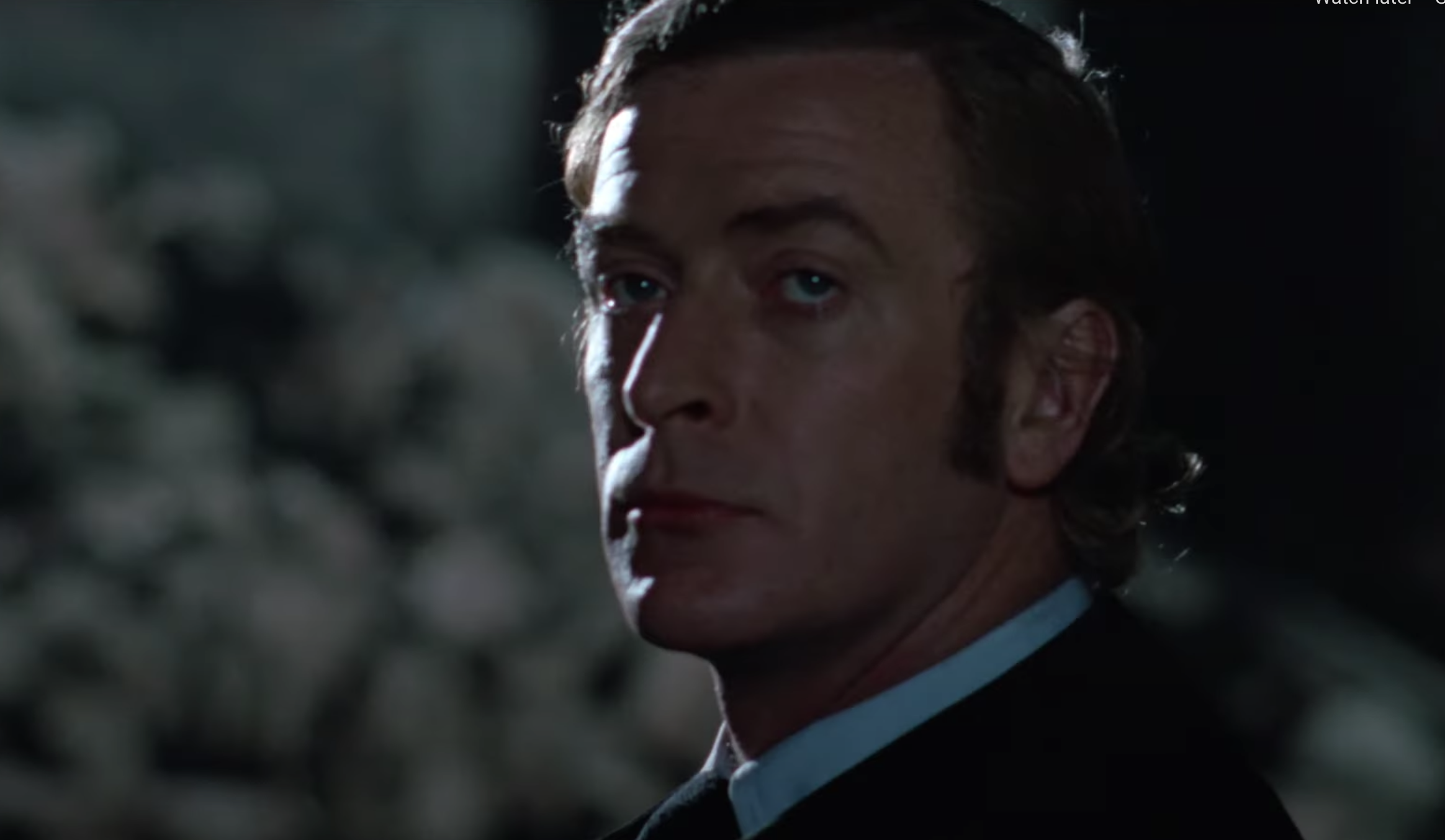An awful lot of people (i.e., at least two and possibly three) wear Crocs in Kelly Reichart‘s Showing Up, and I don’t mean the Balenciaga kind. And their presence in this quiet, sluggish but not-overly-problematic film represented…well, a slight problem.
To me Crocs are just bad — bad omens, everything I hate, unsightly, bad all over. And every time I saw one of Reichart’s characters walking around in these rubber swiss-cheese loafers it gave me a bad feeling. I didn’t cringe every time, but a voice inside went “aw, shit.”
Michelle Williams wears Crocs in this thing, and yet (significantly) this didn’t interfere with my liking, relating to and even enjoying her character — “Lizzie Carr”, a 40ish figurine sculptor who lives in a rented home in the Portland area, and who is preparing for a showing of her art in a nearby storefront-slash-salon.
Lizzie regards almost everyone and everything with an air of subdued consternation or vague resentment or sardonic resignation…my general spiritual territory.
I can’t say that Lizzie (or any other character in Showing Up) is involved in an actual story. For Reichart is naturally adhering to her familiar scheme of avoiding narrative propulsion like the plague. She’s into women and laid-back men and mulchy atmospheres and odd, low-energy behavior and whatnot. There are no second-act pivots in a Reichart film because there are no first, second or third acts, or at least not the kind that I recognize.

The only thing resembling a story in Showing Up is the plight of a wounded pigeon. The poor bird is mauled by Lizzie’s Calico cat, and left with a broken wing. Lizzie and her landlord, Jo Tran (Hong Chau), put the pigeon in a shoe box and take turns looking after it. During Lizzie’s art show at the close of the film, the pigeon is unwrapped and set free and off it goes into the wild blue yonder.
Unfolding in suburban Portland, Showing Up is, of course, concurrently set in deep Wokeville. To an anti-wokester like myself, it’s like watching a film set in Communist East Germany in the ’60s, ’70s or ’80s. The very notion of a film about Wokeville women and the inconsequential, low-energy men in their lives (ex-husbands, beardos, dads, brothers, laid-back co-workers)…a social satire set in this organic, unhurried, arts-and-craftsy environment could be an opportunity for something alive and biting. But not with Reichart at the helm.
Showing Up has been described as a comedy, although it didn’t strike me as such. It has a vagueiy slouchy observational attitude. Every 10 or 15 minutes it elicits a subdued titter.
This is because the focus is entirely on vaguely morose Lizzie, whose general outlook is not, shall we say, bursting with optimistic expectation. She’s in a kind of a downish place start to finish. This is partly due to Tran’s lazy reluctance to fix the hot-water heater.
One of the best moments happens when Lizzie, fuming over her inability to take a hot shower, beats up a couple of plants in Tran’s small front-yard garden. Please…more or this! But that’s the end of it.
That’s all I have to say about Showing Up. It’s not bad by Reichart standards…oh, wait, I’ve already said that.

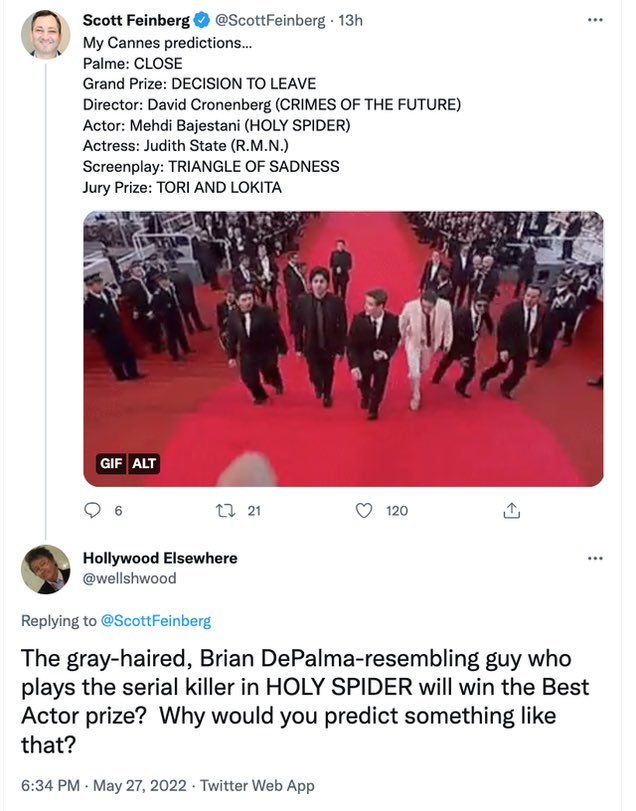 em
em






